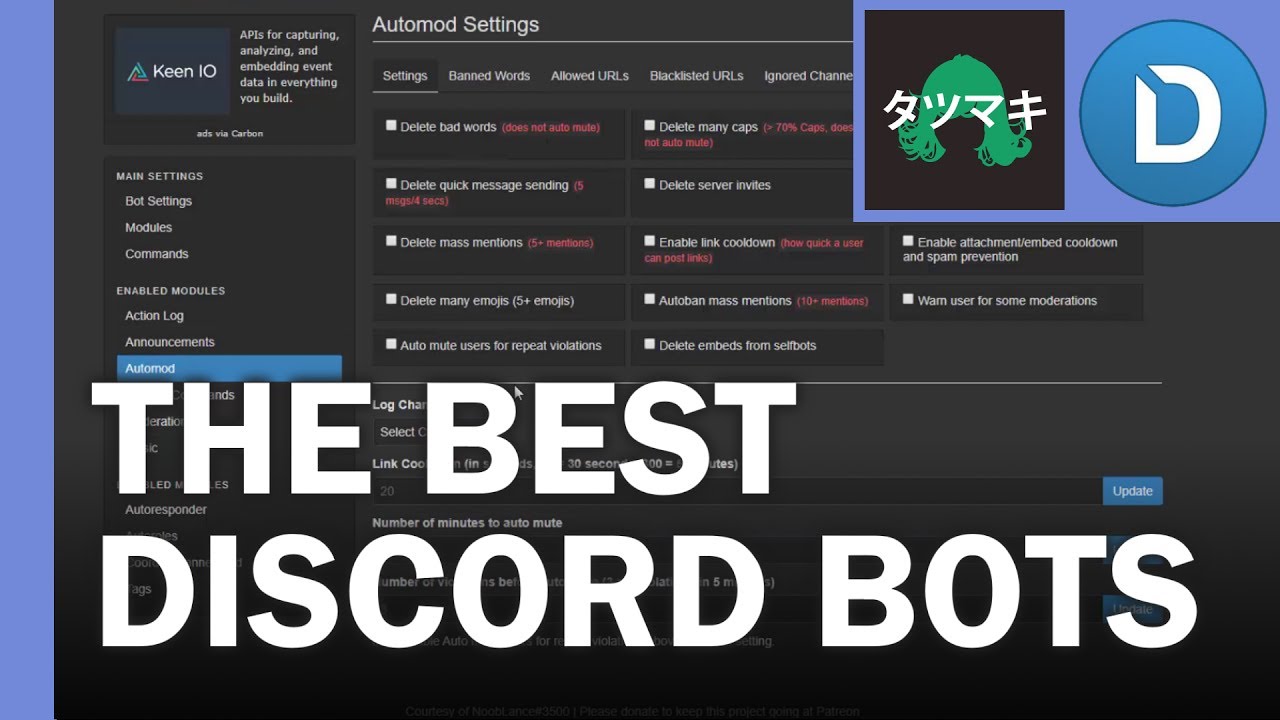A tms transportation management system is a vital tool for any logistics business that wants to streamline operations and improve delivery times. This blog post will serve as a comprehensive guide to developing a TMS solution. From defining the business requirements and choosing the right technology stack to test and deploy, we will cover all the critical steps in the TMS development process.
Whether you are an entrepreneur starting a logistics business or an established company looking to improve your transportation operations, this guide is a must-read for anyone looking to create a TMS solution.
End-to-end supply chain visibility refers to the ability to track and monitor the entire supply chain process, from the source of raw materials to the delivery of the final product to the customer. This includes visibility into inventory levels, transportation and logistics, supplier performance, and customer demand. The goal is to have real-time information to make informed decisions, improve efficiency, reduce costs, and enhance customer satisfaction.
What Is A Transportation Management System?
A transportation management system software is solution that helps businesses plan, execute and monitor their transportation operations. It helps to optimize the delivery of goods, track tms shipping, and manage carrier relationships. TMS enables companies to streamline their logistics operations by automating processes, reducing manual effort, and providing real-time visibility into shipments.
It can also help to reduce costs, improve delivery times, and enhance customer satisfaction. A TMS integrates with other systems, such as Warehouse Management Systems (WMS) and Enterprise Resource Planning (ERP) systems, to provide a comprehensive solution for managing the entire supply chain.
How Software For The Transport Management System Works?
Transportation Management System (TMS) software integrates various advanced traffic management system data sources and automates various processes involved in transportation operations. The software captures shipment details, carrier information, delivery schedules, and tracking information and then uses algorithms and optimization techniques to create efficient delivery plans. The TMS software also communicates with carriers, customers, and other stakeholders to provide real-time updates and monitor the progress of shipments.
Additionally, the freight management system software provides data analytics and reporting tools to help companies measure performance and make data-driven decisions. The TMS software is a central hub for all transportation operations, enabling companies to manage their deliveries more effectively and efficiently.
Benefits Of Transportation Management Systems
Transportation Management Systems (TMS) offers various benefits to logistics and transportation operations companies. Some of the critical benefits of TMS include the following:
- Cost savings: By optimizing delivery routes, reducing empty miles, and reducing manual processes, TMS can help companies to save significant amounts of money on transportation costs.
- Improved Delivery Times: TMS enables companies to plan delivery routes more efficiently and to provide real-time visibility into shipments, enabling faster and more accurate deliveries.
- Increased Efficiency: TMS automates many manual processes in transportation operations, reducing the effort required to manage deliveries and increasing overall efficiency.
- Better Customer Service: TMS provides real-time updates to customers, allowing them to track their deliveries and receive accurate delivery schedules. This leads to improved customer satisfaction and loyalty.
- Data-Driven Decision Making: TMS provides companies with data analytics and reporting tools, allowing them to measure and improve their transportation performance.
- Improved Carrier Relationships: TMS enables companies to manage their carrier relationships more effectively by providing real-time communication and performance tracking.
- Increased Flexibility: TMS enables companies to quickly adapt to changing business requirements and manage multiple delivery scenarios, improving their overall flexibility.
Overall, TMS offers companies a comprehensive solution for managing their transportation operations, enabling them to improve delivery times, reduce costs, and enhance customer satisfaction. Whether you are an entrepreneur starting a logistics business or an established company looking to improve your transportation operations, a TMS can help you to achieve your goals and to stay ahead of the competition.
Key Features Of The Transportation Management System Software
A Transportation Management System (TMS) freight management software typically includes the following key features:
- Route Planning and Optimization: The software uses algorithms and data analytics to optimize delivery routes, reducing costs and improving delivery times.
- Carrier Management: The software enables companies to manage their carrier relationships by tracking performance and communicating in real time.
- Shipment Tracking: The software provides real-time visibility into shipments, allowing companies to track deliveries and provide updates to customers.
- Order Management: The software automates order transportation in supply chain management processes, reducing manual effort and increasing efficiency.
- Delivery Scheduling: The software enables companies to schedule deliveries and provide real-time updates to customers.
- Data Analytics and Reporting: The software provides data analytics and reporting tools, allowing companies to measure their transportation performance and make data-driven decisions.
- Integration: The software integrates with other systems, such as Warehouse Management Systems (WMS) and Enterprise Resource Planning (ERP) systems, providing a comprehensive solution for managing the entire supply chain.
These features enable companies to manage their transportation operations more effectively and efficiently.
How To Choose A Transportation Management Application Development Company
When choosing a freight management system development company, there are several factors to consider. Here are some key factors to consider:
- Experience: Choose a company with a proven track record of delivering high-quality TMS solutions.
- Technical expertise: Ensure that the company has the necessary technical expertise and experience to develop a TMS solution that meets your specific requirements.
- Communication and collaboration: A good TMS development company should have a transparent communication process and be able to collaborate effectively with its team.
- Customer references: Ask for references from previous customers to see if they have been satisfied with the company’s work.
- Flexibility: Ensure that the company can adapt to changes in your business requirements as they arise.
- Budget: Consider the project’s cost and ensure it is within your budget.
- Support and Maintenance: Choose a company that provides ongoing support and maintenance services to ensure that your TMS continues to operate smoothly.
By considering these factors, you can choose a TMS development company that can deliver the solution you need and help you to achieve your goals.








